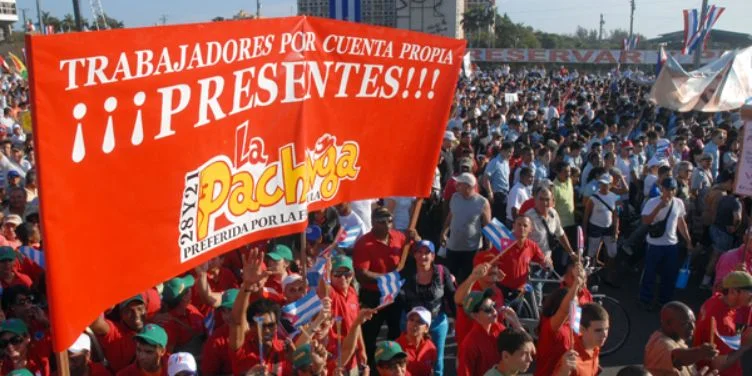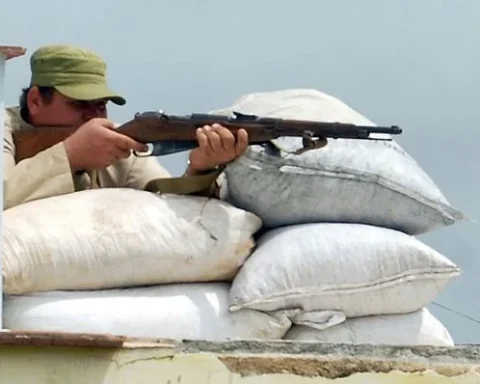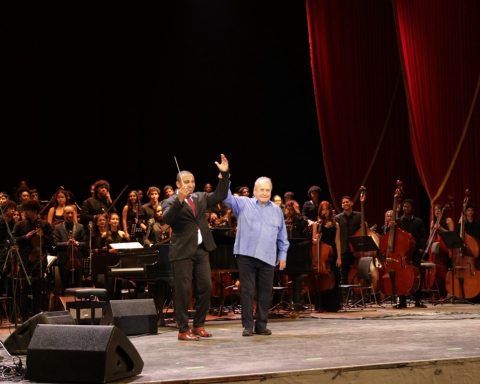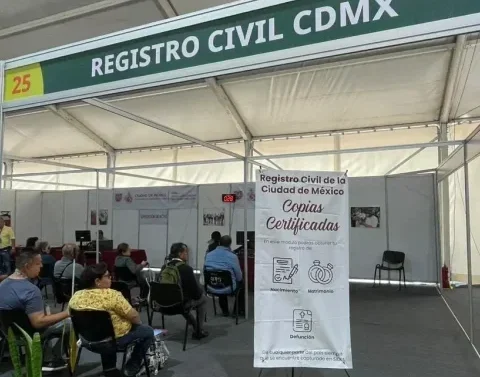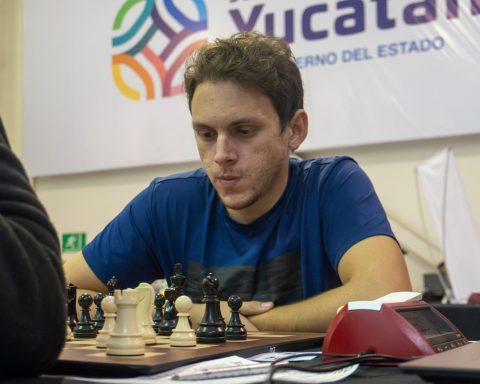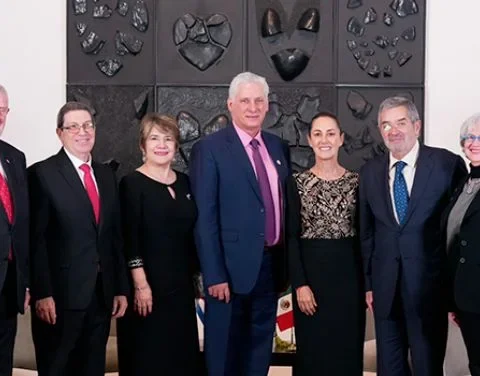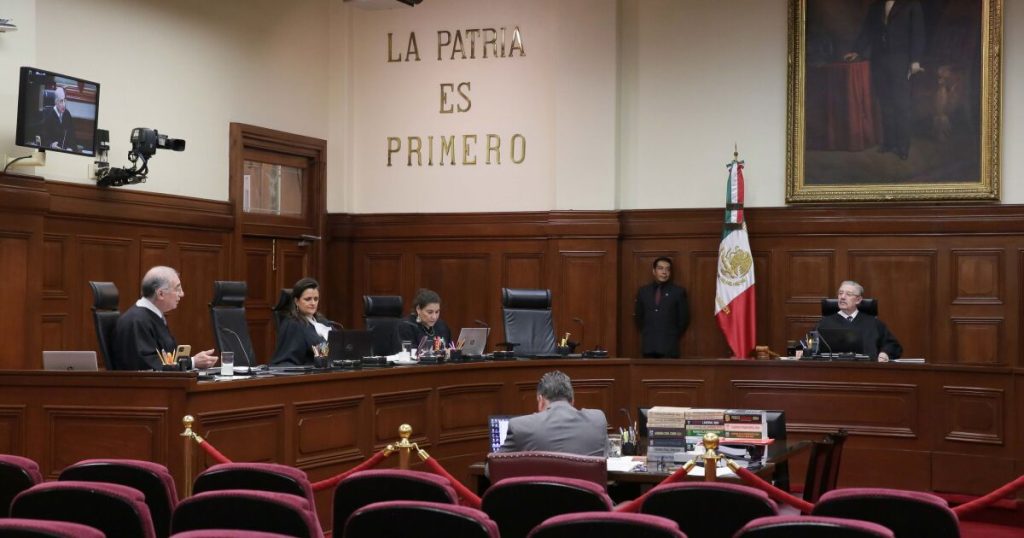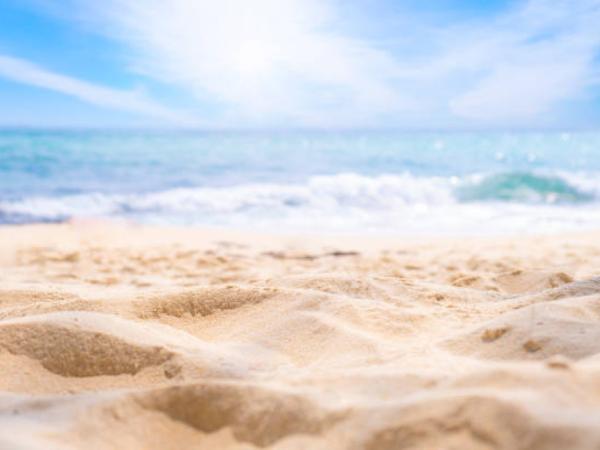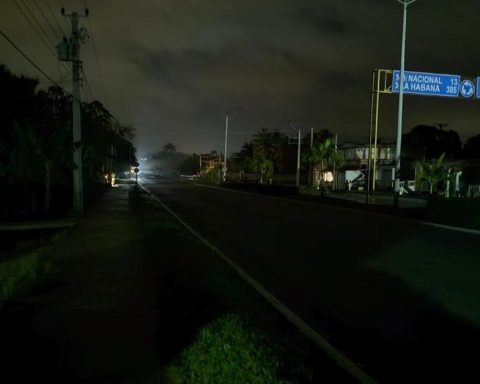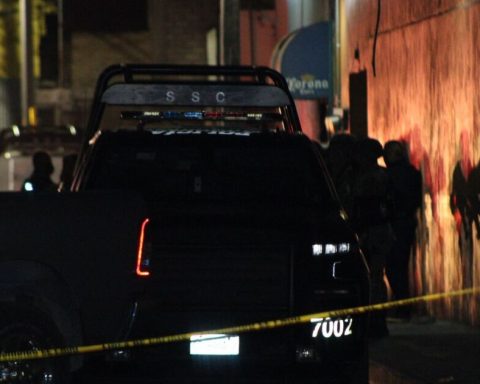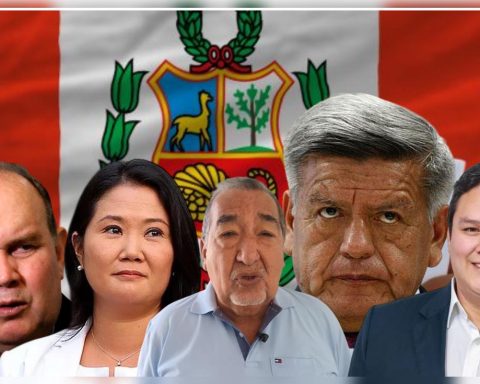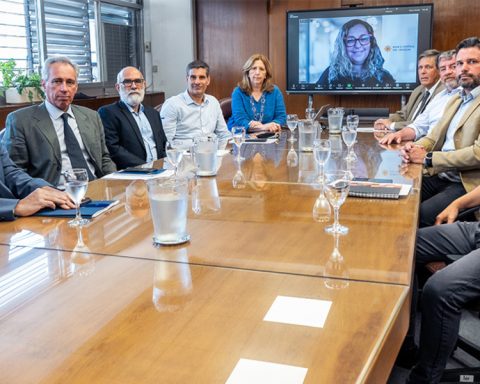HAVANA, Cuba. – There were many who believed in the economic reforms implemented three years ago with the approval of micro, small and medium-sized enterprises (MSMEs). They believed that the new “private sector” would resolve the economic crisis on the island and that its strengthening would lead it to assume political power that, in turn, would put the dictatorship in a difficult position. Those of us who opposed or distrusted them were branded as conspiracy theorists and/or radicals. Three years later, reality has proven us right.
The exact number of approved SMEs is still unknown, as many have closed; it is assumed that there are around 10,000.
In May the news broke that Closure of almost 500 SMEs in less than three months for not complying with the regulation that requires them to offer customers an electronic payment method. Just a month later, The authorities abruptly closed the Diplomarkt supermarketpopularly known as the “Cuban Costco”. Its president, Cuban-American businessman Frank Cuspinera Medina, was allegedly arrested along with his wife after an intervention by State Security and auditors of GAESA (Business Administration Group SA); his assets were also expropriated. According to reports, his whereabouts are unknown, however, nothing more has emerged on the matter since then.
For the month of July, Another news item referred the closure of 15 SMEs for alleged tax evasion and the investigation of another 117. In addition, the National Tax Administration Office (ONAT) temporarily or permanently withdrew the authorization of 323 self-employed businesses (non-state management modality) and seized 2,253 bank accounts of natural persons, also for alleged tax evasion.
During those days the Council of State also approved six decree-laws The authorities said they were designed to update legal regulations for non-state economic actors. They later announced that these measures would facilitate greater ordering and regulation of the non-state economy.
Then, between July 12 and 13, the regime raised 13 million pesos in fines to SMEs. The sanctions also included suspension of activities, confiscations and forced sales and occurred after the price cap was imposed on the retail network.
The price caps on basic necessities caused outrage in the sector. Several of the products with new price caps disappeared from the market. However, Cubans could access them in MLC stores and at higher prices. The intention of the measure, according to the economist Emilio Morales was, precisely, to force the population to buy in those stores, thus giving the money to the coffers of GAESA.
By the end of August, the regime imposed 58 seizures and 773 forced sales to SMEs in just one week. The measures were part of what they described as “confrontational actions” and “popular control.”
Morales has also commented on CubaNet that behind all the regulations there was “a great economic war by the Government due to its inability to compete freely.”
SMEs in power
A few days ago, Esteban Lazo, president of the Cuban Parliament, was official visit in the Special Municipality of Isla de la Juventud. In one of the meetings with the pine trees he recognized something that later one of the witnesses of the meeting told CubaNeton condition of anonymity.
“I’m going to tell you something that everyone has known for years but that I will confirm to you now,” the source quotes Lazo, “all the SMEs that import products to Cuba are ours.” [Gobierno]”.
As Lazo said, it is not a surprise that many of the SMEs, some even based in Miamiwhether from the State or from people close to power: familiesfront men, military personnel or friends. In recent years, CubaNet has developed several investigations that show this, and how these businesses turn out to be the most prosperous.
In this framework, Sandro Castro, Fidel Castro’s grandson, stands out. He owns a bar-restaurant called EFE. Vilma RodriguezRaúl Castro’s granddaughter, owns a luxury home rental business; they have a similar company The heiresses by Antonio Núñez Jiménez. Lisa Titolo, daughter and granddaughter, respectively, of Mariela and Raúl Castro, owns a store called Gaia Market. There is also the business empire of the García Frías family, related to the online store SuperMarket23 and camouflaged behind the state company Flora y Fauna. The Davalos family already the Quevedo familyclosely linked to Castroism and with various businesses on and off the Island.
The military, officials and former leaders have also gotten their share: Arturo Aliaga Cespedescurrent head of the Legal Department of the National Directorate of the National Association of Small Farmers (ANAP), is related to several MSMEs involved in food import and distribution; Yoel Perdomo Di-Lellabrother of the Deputy Prime Minister, Jorge Luis Perdomo Di-Lella, has shares in at least three companies (one of them registered in Panama and in the Cuban Chamber of Commerce as “foreign capital”, and the other two as MSMEs and “self-employed” businesses, focused on the production, sale and distribution of food, beverages, hardware and household appliances). The name of Julio Martinez Ramirezwho was first secretary of the Union of Young Communists (UJC), and today is the owner of two restaurants and an SME.
As a finale, Alfonso Larreawho has presented himself as the leader of the Cuban private sector and who was at the head of the group of Cuban “businessmen” who landed in Florida, United States, on September 26, 2023, to meet with American businessmen, politicians and officials. A recent investigation by CubaNet He revealed that Larrea was ―or is― the agent “David” of State Security (he even testified in the impeachment trial against dissident Francisco Chaviano, which was decisive in his 15-year prison sentence).
Not in vain Miguel Díaz-Canel He stated that the MSME sector “will not be an enemy of the Revolution.” The Cuban leader has gone even further: asked create grassroots committees of the UJC and the PCC in MSMEs because it is necessary to “organize” the functioning of all forms of economic management, whether state or non-state.
This does not mean that all of these companies are related to the regime or belong to the government, but those that are not, lack privileges and survive subject to control, expropriations, fines, forced sales and other pressures that prevent them from growing freely. Their existence also legitimizes those that are related to the oligarchy and its companies.
The new class
Have SMEs or the “private” sector resolved the crisis in Cuba? Have they gained enough power to put the dictatorship in a difficult position? Of course not.
In Cuba, misery is increasing: 80% of the population lives in poverty. The following continues power outages for up to 24 hours at a time; also water is missing, medicines and others basic inputs. According to official data, the year-on-year inflation reached 30.12% in August, a figure that represents the third consecutive fall since May and that, According to economist Pedro Monrealquestions the official story that “progress is being made.”
As expected, Castroism has imposed limits on the sector. If a business that is not “protected” by the ruling elite makes it uncomfortable, then it threatens its interests or competes with them, blocking their path. Not to mention that dissidents, activists and political opponents cannot have their own companies because the approvals come from the different ministries that, in turn, answer to the dictatorial elite.
Not even GAESA is not state-owned, but a private enterprise which has its business registrations in Panama, Luxembourg and other nations. This monopoly ―managed by the Castro family and a group of oligarchs close to it above any control or audit― controls the main and most strategic sectors of the economy and more than 95% of the country’s finances.
For Cuban academic Juan Antonio Blanco Gil, we are in the presence of a “mafia state.” The evidence also points to a sharing of power between the Castros and their elite, who have become the new rich, the new tsars or silovarchs (a term used in Russia to refer to business elites linked to the military who have accumulated extreme wealth).
For this class, communist ideology is a thing of the past, an outdated discourse that serves as a disguise to continue subjugating the people.
